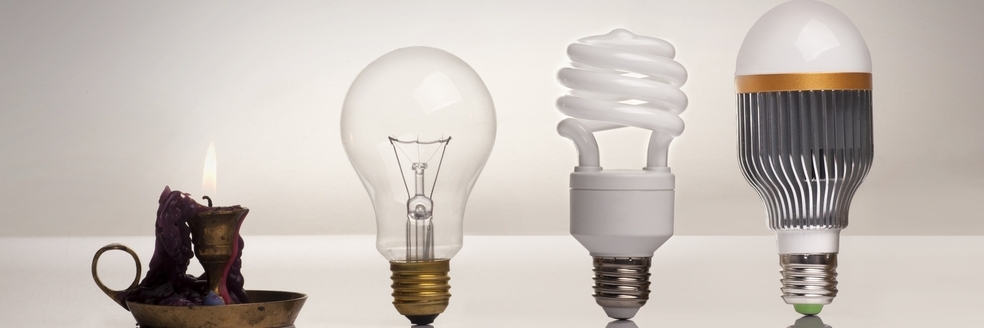Twice The Well-Being, Twice the Production, Twice The Love.
The purpose of an economy is to facilitate the feeling of well-being for its participants. That’s different than the official version, of course, which is to grow GDP, a combination of government spending and consumer spending on produced goods and services.
GDP is reported as an agglomeration of all kinds of constructed numbers. We’ll-being is not measurable but its qualitative dimensions can be drawn by gauging the sentiment of citizens. The sentiment gauges are currently registering some weakness.
Well-being is produced by the private sector of the economy. There’s a well-established, time-tested proven system for doing so. It starts with the evidence of negative well-being. People exhibit an unease, a vague feeling that things could be better than they are. This vague feeling is the genius of the consumer. The human drive for betterment, to trade current circumstances for a new set that might feel more pleasant or more satisfying, is the energy of innovation, technological progress, economic growth, and civilizational advance. It’s an amazing feat of imagination, being able to see, in the mind, a future that doesn’t already exist. A counterfactual, as the scientists sometimes put it. The consumer’s imagined counterfactuals create new possibilities.
On the production side of the private sector, there exists the function of entrepreneurship. Entrepreneurship is an act of individuals, either solely or in groups and teams, often in the form of firms and business corporations. Firms sniff out consumer unease. It’s what they do. It’s their purpose. Informed by this discovery of unease, entrepreneurs get to work to relieve it. They do so via innovation, designing a new proposition they can share with the consumer: will this work for you? will this make you feel better? have you considered this? If they get any feedback (“Yes, I’ll buy it.” “No, that’s not good enough.”) it informs a continuous change and improvement process until the offering is right for the consumer.
In economics, the experience the consumer feels is called value. We can call it well-being. The feeling that things are getting better, that there are new options and new choices, that someone is listening and responding. This feeling is produced by the entrepreneurship of the private sector.
The other part of the economy is government and what government subsidizes. Government does not produce anything. That’s not its purpose. It extracts from the production of the private economy, via taxation, via debt creation, via regulation (limiting choices for both entrepreneurial producers and their consumers), via the diversion of resources (employing people as bureaucrats who could be much more usefully productive in the private sector), and using technology and capital that could also be deployed usefully for private purposes. Government spending as a percentage of GDP is a proxy for the ratio of government extraction to total production, and that number in 2020 was 44%.
Making things worse, the government monetizes its debt via the Federal Reserve, thereby increasing the money supply in the economy. This money is depreciating at a constant and rapid rate. Saifedean Ammous in The Fiat Standard smooths out his estimate of monetary inflation at 7% per annum, which is enough to halve the value of anyone’s dollar holdings in 10 years. So the value of savings in the private sector that could be re-invested in innovation and creating new capital – which is what produces more well-being for people – is halved every 10 years.
We can safely say, as an approximation, that the activities of government mean that production in the US economy is at half the level of its potential. Consequently, entrepreneurship is at half the level of its potential. This implies that the well-being achievable by people as a result of entrepreneurial production is at half the level it could be. We could see twice the level of well-being from twice the level of production were it not for government crowding out entrepreneurship.
And since entrepreneurship is love in action, the level of love in society is halved. Entrepreneurs work on empathy – they’re like angels, understanding what people want, and what dissatisfactions are burdening them, and then working hard to help people shed those burdens. They love their customers, and seek to earn customers’ love in return. It might be called customer service, or customer loyalty, or customer satisfaction, but in reality, it’s love. The greater the level of entrepreneurship, the greater the love.
So there is potential for twice the well-being, twice the production, and twice the love compared to what we experience today. If we can attract more people to entrepreneurship, and point more consumers to the enjoyment of entrepreneurial output, we’ll go a long way towards achieving the kind of society we’d all love.








Leave a Reply
Want to join the discussion?Feel free to contribute!